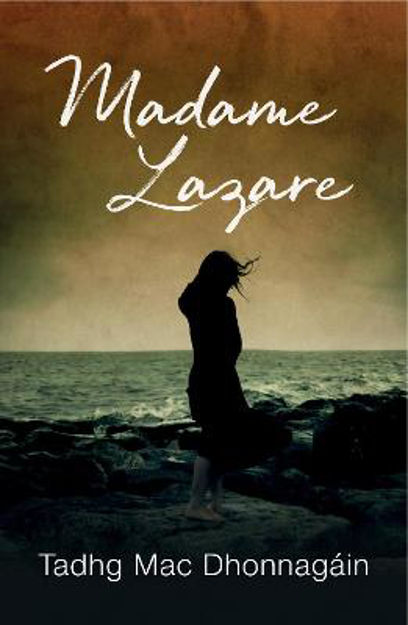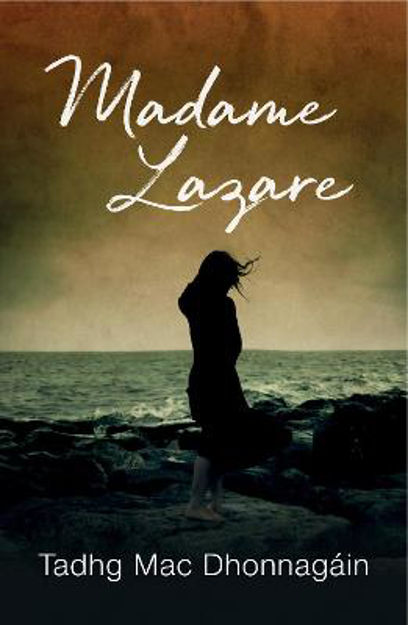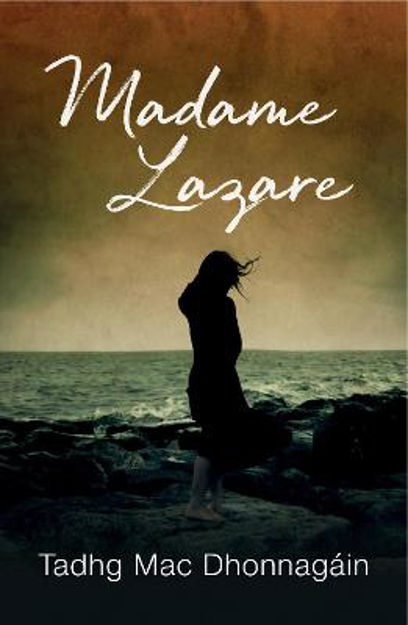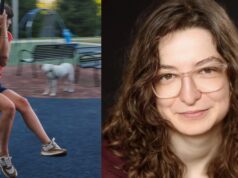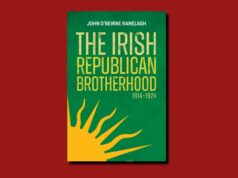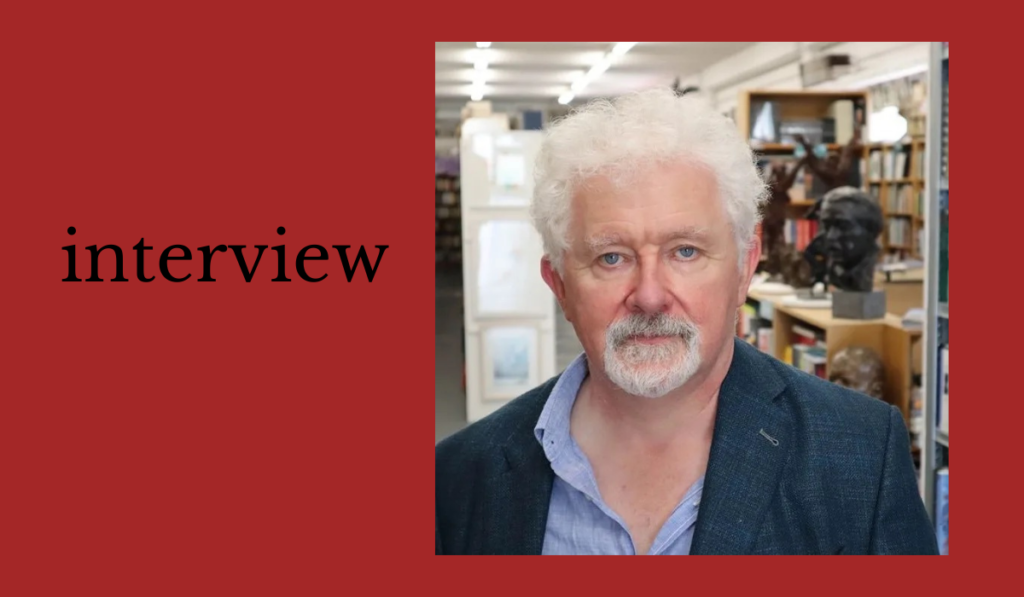
MADAME LAZARE by Tadhg Mac Dhonnagáin (Futa Fata) has been nominated for the European Prize for Literature, 2022.
This is the first time an Irish language book has been given the nomination as Ireland’s entry for the prestigious European prize.
Tadhg Mac Dhonnagáin’s debut novel Madame Lazare is in the running for the accolade, along with 21 short-listed books from all over Europe.
Cathal Póirtéir caught up with Tadhg Mac Dhonnagáin to ask him some questions about his work, and the nomination for the European Prize for Literature.
How do you feel about the nomination? How important is it to you as an Irish language writer and publisher?
The nomination came as a very pleasant surprise, so I’m thrilled and honoured that my book has been chosen as the nominee from Ireland.
As Madame Lazare is the first Irish-language novel to be nominated, I feel it’s also a special moment for the Irish-language book community.
At the beginning of this year, Irish achieved full official status as a language of the European Union.
It’s nice to see that Irish-language arts are breaking through on the European stage as well – I’m thinking of the recent success at the Berlin Film Festival of the much-praised An Cailín Ciúin.
As one of the main aims of the European Prize for Literature is to promote the circulation of books within Europe and to encourage greater interest in non-national literary works, I’m hopeful that the prize will increase the chances of Madame Lazare, and other Irish-language novels in the future, to be translated, read and enjoyed across the European continent.
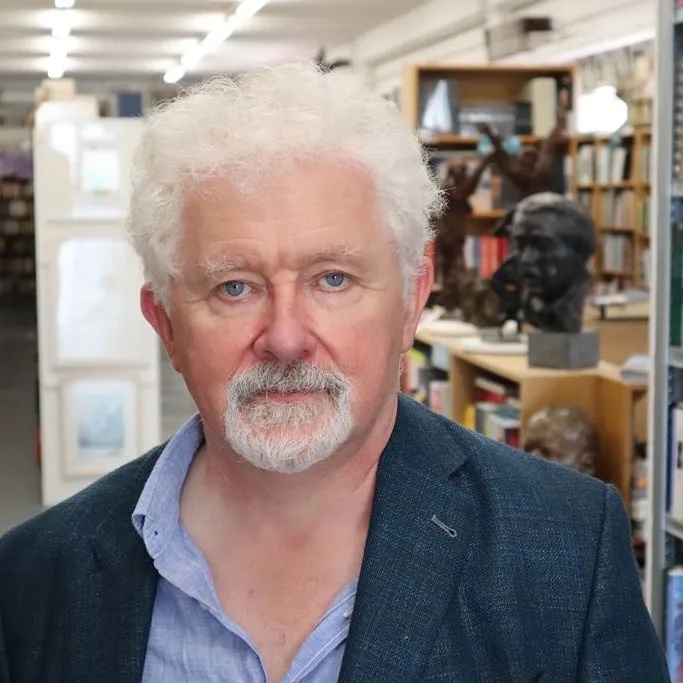
Madame Lazare has a strong European element in it. Tell me how and why that came about?
I’ve always felt that being an Irish speaker, writing and creating in Irish is as much an expression of my European identity as it is of my Irishness. I didn’t deliberately set out to write a story that would reflect that sense of identity, but it seems that this is what happened!
The story is non-linear, moving from Paris of the 1990s, Brussels of the recent past and the Aran islands of the 1930s and ‘40s. It connects a French orthodox Jewish family whose life is framed by the myriad rituals of their religion and an Irish-speaking Aran island family who are immersed in a world of traditional story, poetry and a folkloric version of Catholicism.
The Second World War and the consequences of the mindless slaughter it unleashed in Europe are a backdrop to the novel.
It’s a story about stories, in a way: the ones we tell ourselves, both as individuals and members of society, the stories that tell us who we are and what we believe in.
Identity, memory and forgetting are important themes in the novel. Do you feel current events in Ukraine make those questions more current?
Madame Lazare is not an overtly political book, but I do believe in the crucial role of narrative in our lives and that idea is central to the novel.
Yuval Noah Harari’s ‘Sapiens, A Brief History of Mankind’, is the book that made me think about this idea.
He contends that the human ability to tell ourselves stories about ourselves is what defines us as a species.
This gift we have for coming together in large groups, by telling ourselves that we are Muslims or Catholics or Sandanistas or Brexiteers, and working in concert to achieve agreed aims, this uniting force has contributed hugely to our becoming the dominant species on planet Earth. It is also endangering our future existence.
In recent weeks, the power of story is again at play, in the most terrible way, in Ukraine.
The narrative devised by Putin (“Ukraine is not a country and Ukrainians have never been a distinct people”) has been used by him as a motive to unleash slaughter on a neighbouring country.
But the Ukrainians have their own narrative, powerfully vocalised by their President Zelenskiy: (“Ukraine is a proud and ancient nation and we alone will decide our destiny in the world.”)
This story is their most powerful weapon. From it, they draw the strength to resist, to survive in the most terrible of circumstances, to risk their very existence, so that their story will prevail.
The Ukrainian sense of nationhood is one version of a story told by oppressed peoples the world over.
Another version of the same narrative runs as a thread through Madame Lazare, in the form of a historical Irish poem, remembered from childhood by the character of the title, a woman who has spent all her life concealing her true identity, her true story.







